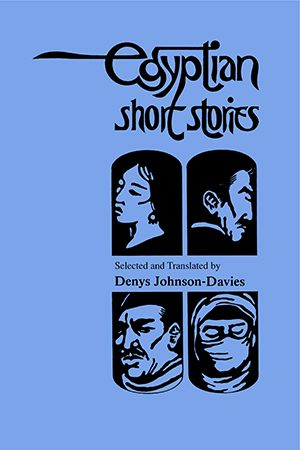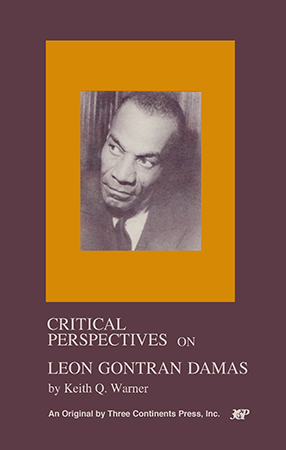African Literature
Eleven essays by Western and Middle Eastern scholars evaluate the work of Naguib Mahfouz, arguably Egypt's greatest novelist, and the winner of the 1988 Nobel Prize for Literature. The More >
A collection of songs sung by Arab women, compiled by Caspi during field research in the West Bank and Israel. The songs, in English translation, are divided into three sections: bridal More >
This unique investigation provides the first major account of the explosion of literary talent that began in Nigeria in 1948 and ended as the civil war was intensifying in 1966. The book is More >
European colonialists assumed the prerogative to interpret the experiences of their “charges” and to decide the legitimacy of creative expression among Africans. Yoder examines More >
Although he was a staunch supporter of French colonialism, Paul Hazoumé in his realistic, sweeping narrative captures the customs and traditions—the soul—of Dahomey. This More >
In this fresh look at the troubled, passionate work of an important South African writer and social critic, Balutansky explores Alex La Guma’s five novels in all their More >
Seventeen short stories by such well-known writers as Abdullah, Idris, Mahfouz, Taher, Ibrahim, Sharouni, Fahmy, Sibai, and More >
Issues of racial discrimination, imperialist exploitation, and accuracy of observation have long interested Conrad’s critics. As a European writing about imperialism in exotic lands, More >
The final volume in a trilogy that includes The Flutes of Death and Mother Spring, Birth at Dawn extends to the eighth century the story of the arrival of Islam in Morocco and Algeria. First More >
Beginning with an epilogue set in the present, this novel quickly moves back to the time of the generation after Muhammad—a time when North Africa, the home of the Berber peoples, was More >
The dehumanization of the Arabs who emigrated to "Mother France" is the subject of Chraïbi’s second novel, echoing Simple Past. This time, however, the focus is more on More >
A collection of forty-two poems that depict the pain and pathos, the political and personal struggles that marked South Africa during apartheid. House is acutely sensitive to the sometimes More >
Oyono’s third novel is the bittersweet, first-person story of Aki Barnabas, a young Cameroonian scholar who seeks to become “someone” by using the rules of the colonial More >
"I enjoy playing in the small square between the archway and the takiya [monastery] where the Sufis live. Like all the other children, I admire the mulberry trees in the takiya garden, More >
Poet, storyteller, scholar, teacher, and statesman, Léon Gontran Damas, born in French Guiana, was a founding father of the negritude movement. This collection offers a wide range of More >




![Birth at Dawn [a novel]](/uploads/66fae9911f69e.jpg)
![Fountain and Tomb [a novel]](/uploads/6703fc2f5a55c.jpg)




